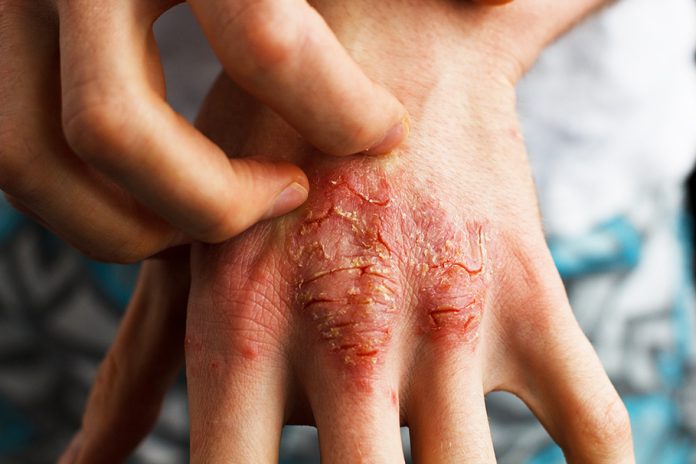Keep Your Nails Short
Scratching can make an inflamed patch of skin even worse. To limit the damage you do, trim your nails short, and file them smooth. You can also try using the side or top of your hand to scratch instead of your nails.
Chill Out
Keep a washcloth in your refrigerator or freezer for those times when itching feels out of control. The cold will numb your skin and give you instant relief. It can also help ease redness and swelling. Put a towel between the washcloth and your skin, and leave it on for no more than 20 minutes at a time. You can also keep moisturizing creams in the fridge for an added calming effect.
Wear Natural Fabrics
You’ll be most comfortable in materials that let air come into contact with your skin. When you can, skip wool and human-made fabrics like nylon and polyester. Instead, opt for clothes made from 100% cotton, bamboo, silk, or Tencel, an eco-friendly fiber made from wood pulp. These natural fabrics allow your skin to “breathe.”
Stay Cool at Night
All-cotton sheets help control your body heat so you don’t get hot and itchy during the night. The higher the thread count, the smoother your sheets will stay over time. Lower thread counts may get rough after several washes and irritate your skin. Bamboo and silk are also good options for bedding but can be harder to care for.
Loosen Up
Tight clothes and elastics pinch or rub your skin and make it itch. Look for loose-fitting styles that will go easy on your eczema. If you wear a necktie for work, leave the top button of your shirt undone. Choose shorts and underwear with fabric-covered elastic waistbands. When it comes to bras, simpler styles are better. Better yet, go braless if you can.
Wash New Clothes Before Wearing
Harsh chemicals make their way onto clothes as they’re made, packaged, and shipped. These can irritate your skin, so wash any new clothes before you wear them. An unscented, mild detergent is best. A second rinse cycle can’t hurt.
Itch-Proof Your Clothes
When your skin is sensitive, even one seam or a small tag can make you itch. Cut off labels and tags from your clothes before you wear them. Pant seams can be covered with strips of silk. And for clothes like PJs, that you wear only at home, turn them inside out so you don’t feel the itchy insides.
Wear Gloves While You Sleep
Have eczema on your hands? Think of bedtime as a chance to help heal those areas. Before bed, quickly soak your hands in warm — not hot — water. Put on a fragrance-free moisturizing cream, ointment, or prescription cream, and then pop on a pair of cotton gloves. The moisture will be locked into your skin while you sleep.
Wear Fingerless Gloves
To keep from scratching eczema on your hands and wrists while you work, try fingerless gloves. They’ll protect your skin while letting you type on your keyboard or use your phone.
Shower at Night
When you shower before bed and then slather on cream or ointment right after, your skin seals in the moisture — and you feel less itchy all night. Remember to use lukewarm (not hot) water and to keep your shower short. Aim for 15 minutes or less. Put on cream within 3 minutes of patting your skin dry. Give it a chance to soak in before you get dressed for bed.
Use Gentle Soaps
Whether you’re washing your hands in the kitchen or taking a bath, gentle soaps are key. Use brands that are free of alcohol, retinoids, and alpha-hydroxy acid (AHA), all of which dry out your skin. Steer clear of fragrances too. The chemicals in them can anger your skin.
Watch Where You Sit
Grass, rough carpet, and scratchy upholstered furniture can irritate bare skin. If you can’t avoid sitting on a prickly surface, put a towel or blanket down first.
Find Ways to Relax
Stress can make your eczema itch more. Carve out time every day to unwind, even if you have only a few minutes. Download a meditation app. Go for a walk. Listen to your favorite music or a funny podcast — anything that can distract you and lift your mood. If nothing seems to ease your tension, you may find it helpful to talk with a counselor.
Credit: webmd.com









